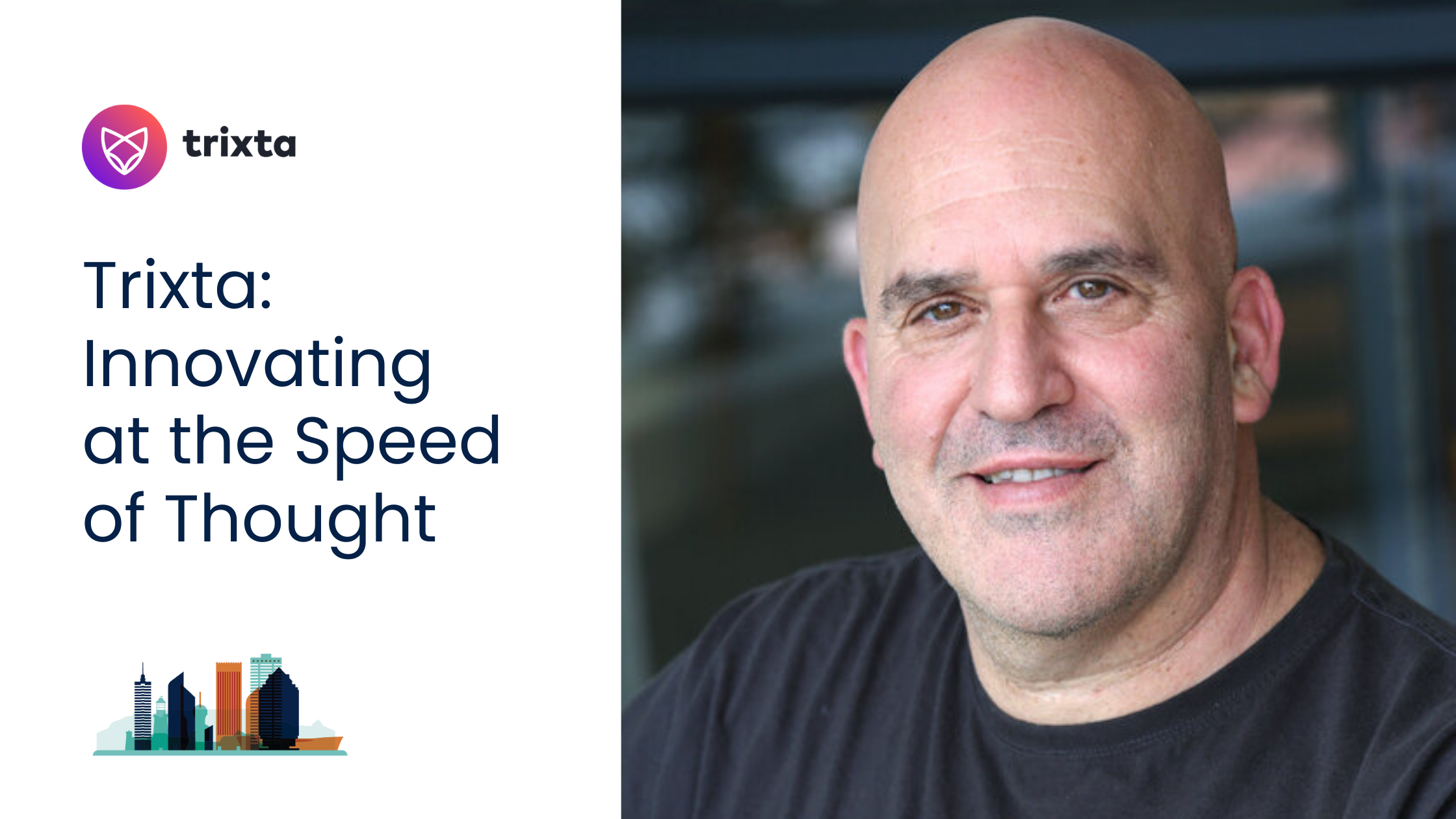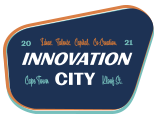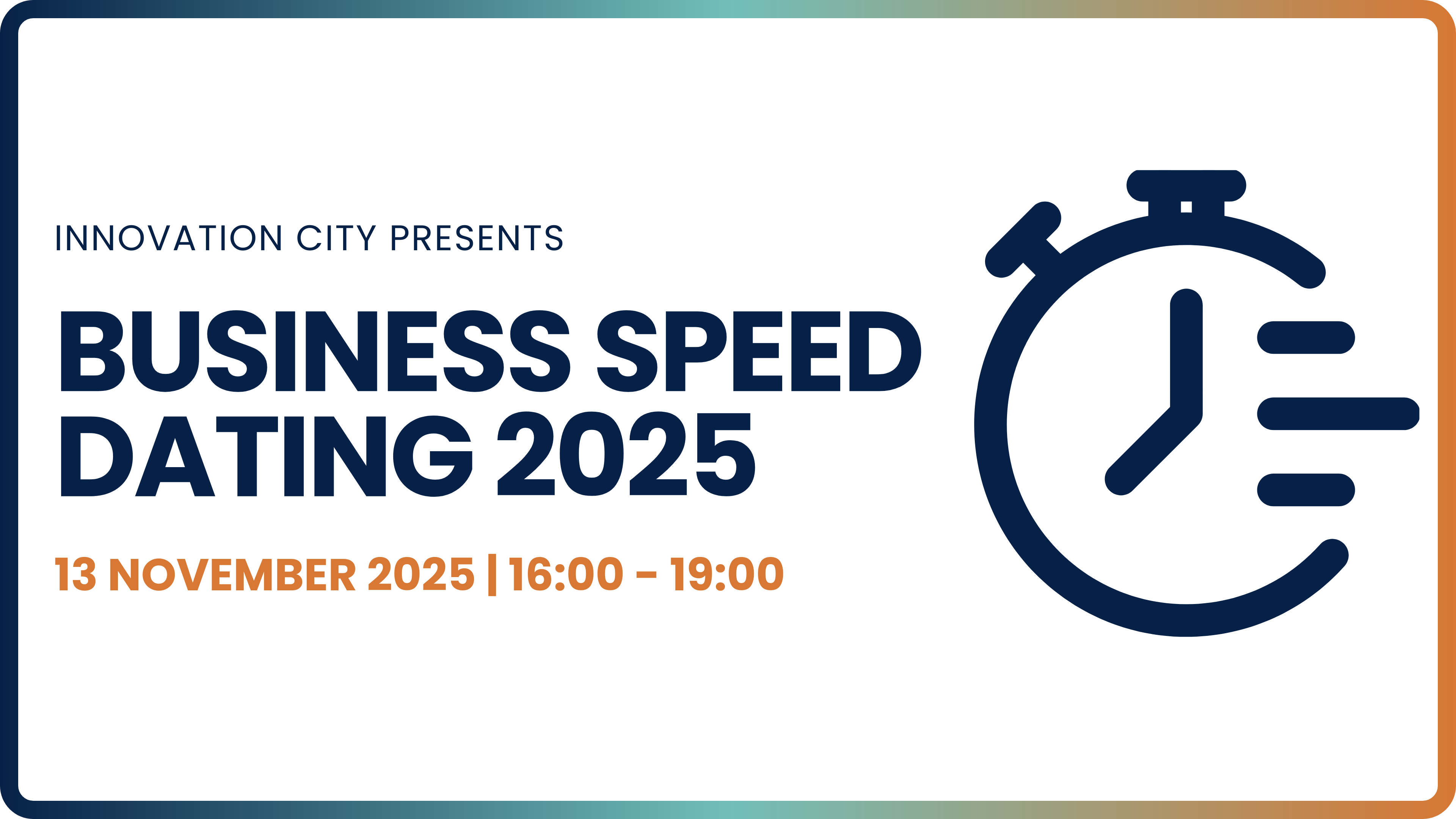
28 May Trixta: Innovating at The Speed of Thought
Mark Levitt is a serial entrepreneur, chess champion, and generative software innovator with over 20 years of experience in the tech industry. He co-founded Trixta, a platform designed to help aspiring tech entrepreneurs ideate and build software more efficiently without the need for a CTO or substantial funding.
Q: Who are you as a company and why are you sorely needed in this world?
Trixta is essentially like ChatGPT for building complex software platforms using generative AI for software development. We are democratising the software development process for companies that have fewer financial and technical resources.
Q: Where did the business concept originate?
The concept began as a thought experiment two decades ago. Over the years, research and ideas evolved, leading us to hire an R&D team in 2017 and officially launch the company in the USA, though most of our team is based in Cape Town. We’ve had several solid customers over the last six years of R&D. We raised some funds in 2018 but have managed to remain largely in bootstrap mode since then.
Q: How has the journey been so far?
We’re doing incredible work and have been awarded a US patent for allowing input from a language model to auto-create a software architecture. We were focusing on the natural language aspects of software development even before ChatGPT was well-known, but now people understand the significance of what we’re doing.
Q: Can you give us a practical example of how Trixta works?
One of our core customers, Waitroom.com, is a Silicon Valley-funded startup whose platform is built on the Trixta development system. Waitroom offers smart meetings equipped with real-time AI superpowers, designed to outsmart conventional meeting tools. It eliminates the usual grind and enables participants to concentrate on their priorities, essentially acting as an intelligent meeting assistant.
Q: What are some of the challenges you’ve faced as a startup in South Africa?
Although we are a US startup, our developers are in South Africa. One of the main challenges has been dealing with power outages. To address this, we’ve ensured that our South African team members have the necessary equipment and electricity at their home offices.
Q: Who or what has been your most helpful ally?
We have three advisors in the USA who bring invaluable experience and guidance. Additionally, we are part of the Techstars network, which is always ready to assist us within their community.
Q: What’s the latest Trixta news?
In January this year, we launched a service that allows startups to use a ChatGPT-like interface combined with visual tools to describe the software platform they wish to build. Our system then builds a complete model of their application and outputs full scope documents. Our goal is to rapidly grow our user base in 2024.
Q: What is your take on doing business in South Africa?
Historically, Trixta hasn’t had South African business customers. However, we are eager to push for African adoption of the Trixta platform in 2024. While US companies tend to be cautious in adopting new business-critical systems, we believe African companies are more open to radical systems that can help them leapfrog ahead.
For more information, visit Trixta.









